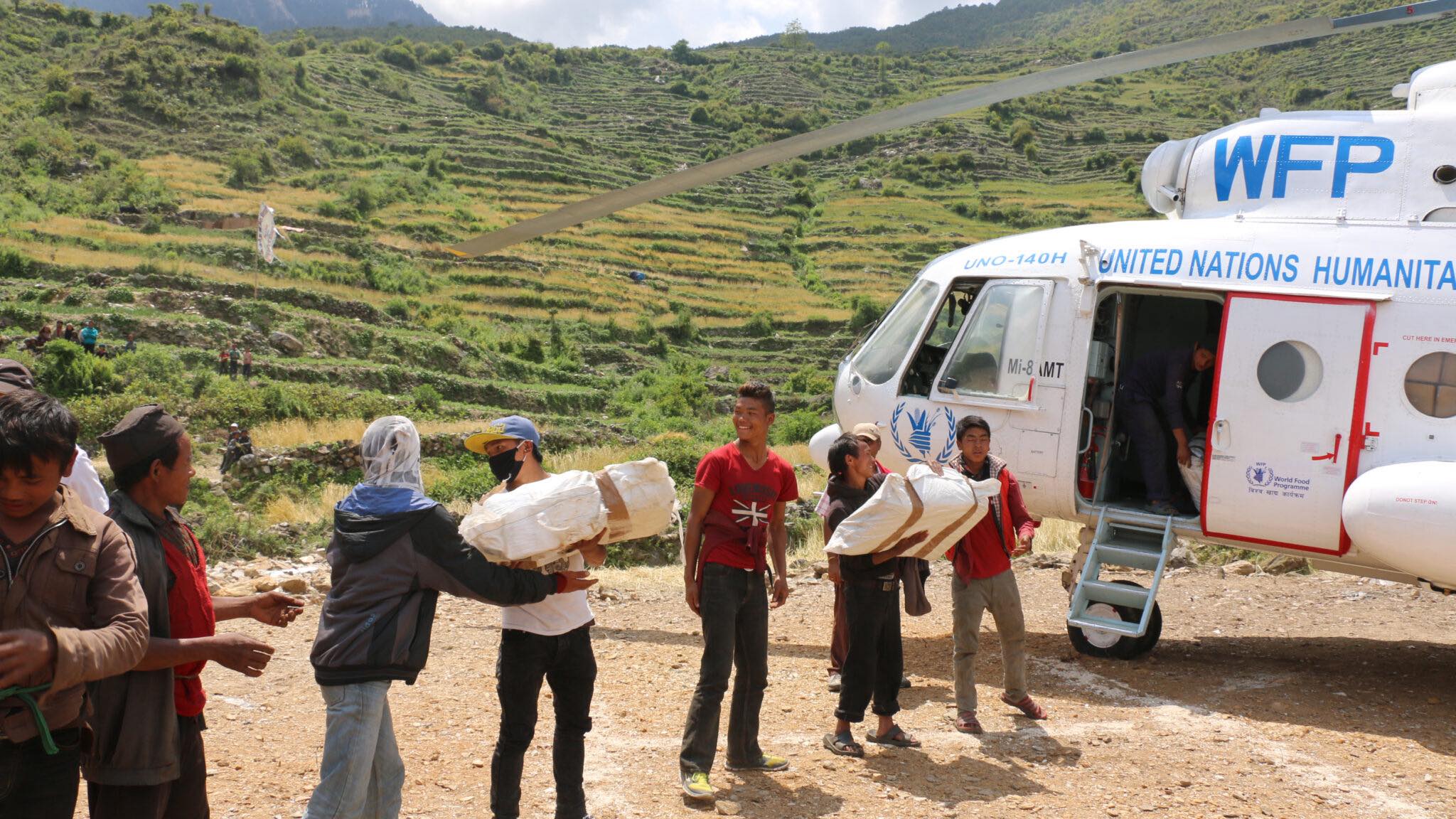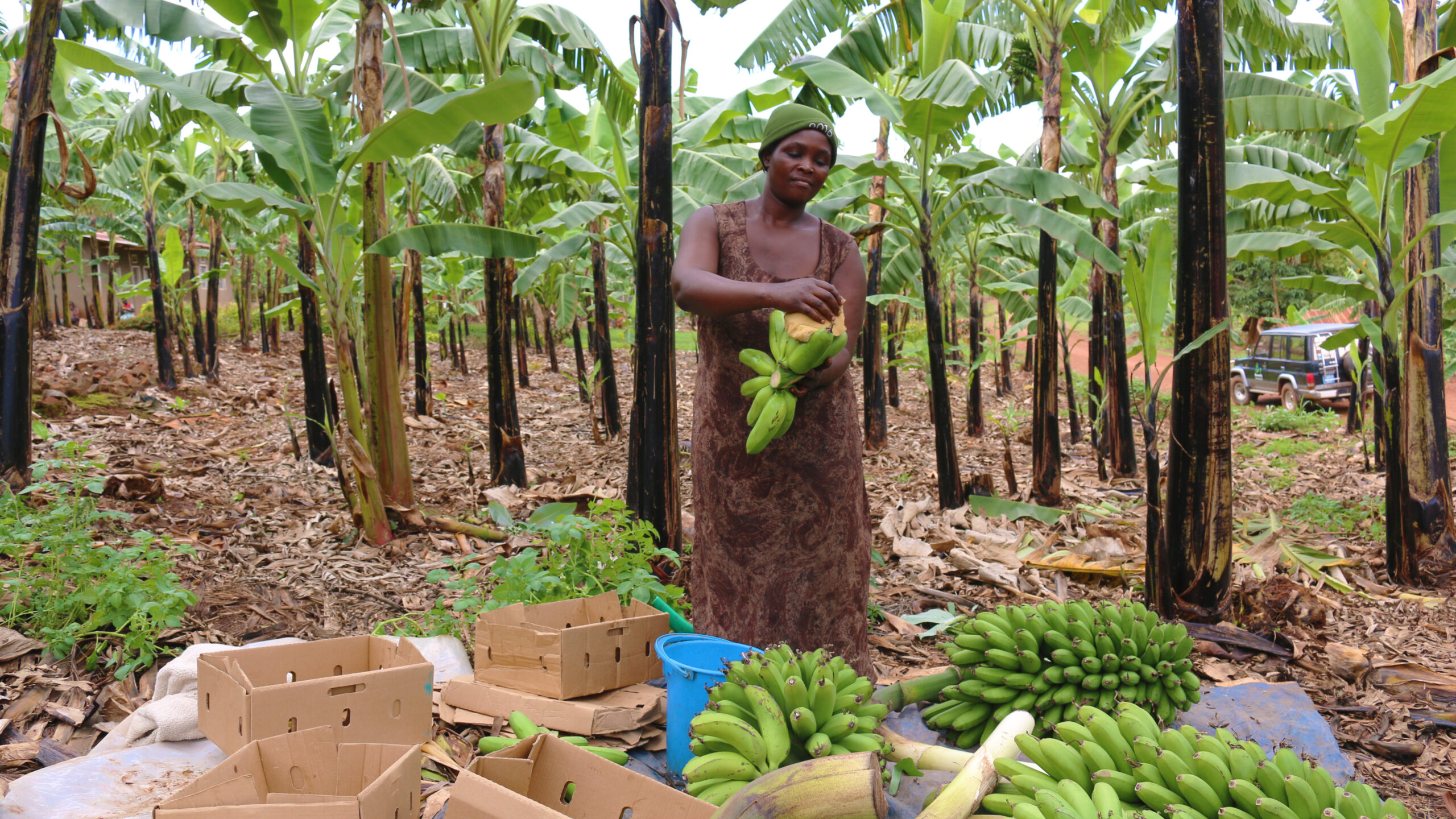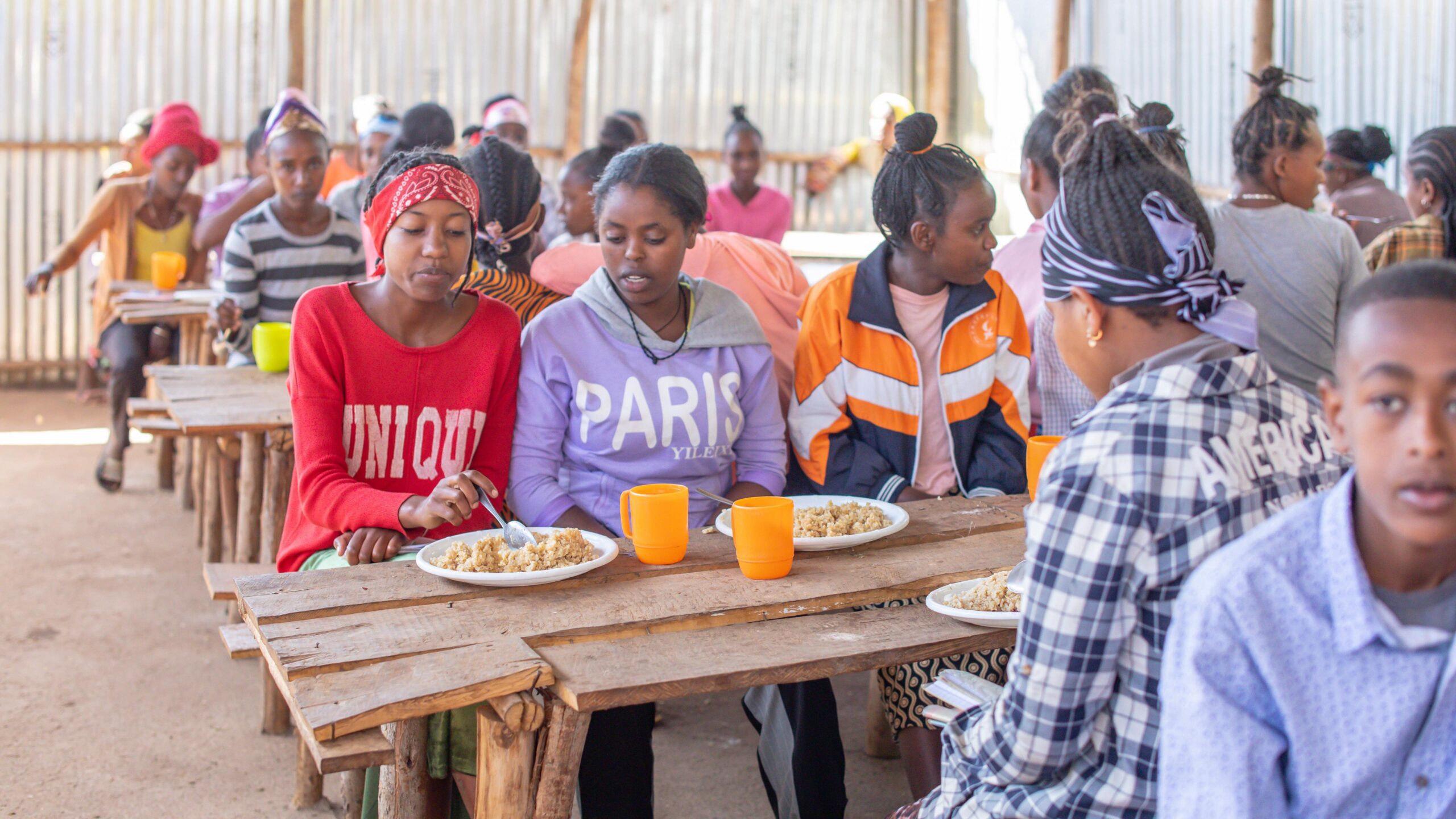The 2015 Global Nutrition Report, released in New York on 23 September, shows that childhood stunting and wasting remain serious problems: More than 160 million children worldwide under five years old are too short for their age (stunted), while more than 50 million don’t weigh enough for their height (wasted). Although countries are increasingly meeting goals for combating stunting and wasting, adult obesity—another form of malnutrition—is growing. The prevalence of obesity rose in every single country between 2010 and 2014, and one in 12 adults worldwide now has Type 2 diabetes. Dr. Corinna Hawkes, co-chair of the Independent Expert Group of the Global Nutrition Report, spoke with Michael Pollan, author of The Omnivore’s Dilemma, about his views on a world where so many people are either under- or over-nourished
The Global Nutrition Report (GNR) shows that the world faces several forms of both undernutrition and conditions associated with excessive consumption. What is your perspective on this?
One of the things that is so significant about the Global Nutrition Report is the focus on food systems as opposed to calories. That starts to raise important questions – not just how much food, but what kind of food, who produces it, and how these agricultural products are turned into food.
Both undernutrition and obesity are caused by the same food system. Both are caused by the focus of the food system on producing grain and trading it internationally. Grain is not exactly food. Most is animal feed, ethanol and the building blocks of processed foods.
This focus on grain – which is especially strong in the US – has international implications. First, we produce grain in surplus and so have to get rid of it in food aid. This can be helpful in emergencies but often undermines local agriculture – the dumping of grain on countries damages local farm economies. Second, grain can affect nutrition by leading to more processed food, and, therefore, less healthy food.
For many years we believed sacks of grain equalled food and therefore nutrition, but we now know it’s more than that. The GNR takes a step in the right direction by elevating the concept of food systems: this will change the questions people ask and it will change the answers they get.
In the report we proposed indicators for nutrition-friendly food systems. What is your perspective on what the key indicators are?
The key indicator of a nutrition-friendly food system is diversity. Diversity of the diet, of the crops that are produced, of the species of those crops.
Another key indicator is how much dietary fiber is produced. Fiber is an important indicator of what people are eating. I generally don’t believe in looking at nutrients individually but fiber is a very important indicator of nutrition. We are learning that the health of your microbiome is critically important to our health and that if people are not getting enough fiber they are at risk from all kinds of problems.
A third (negative) indicator is processed foods. Some are unobjectionable – e.g. milled flour. But the newer category of “ultra-processed” foods, foods that precede eating not cooking, is a tremendous problem and will continue to be a problem because it is the next marketing frontier. I have recently spent time in Brazil. To watch how the multinationals introduce people to processed foods is incredible – recruiting women to sell them door to door, sending a supermarket barge up the Amazon. It’s about introducing this food in order to establish a taste for sugar and salt. This is what’s driving the obesity epidemic.
When it comes to meat it is not so simple because adding some meat to the diet is a very good thing – it’s a nutritious food. But there is a tipping point when the amount of meat in the diet becomes a problem for health. In general, yes, reducing meat consumption is good for health and the environment, but in the developing world there is some value in figuring out a sustainable way to raise meat and maintain animals on diversified farms. This is a context-dependent question. Arguing for no meat is not realistic or necessarily right. Rather, we have to change the way we produce meat.
What should the UN agencies that deal with nutrition do to help improve the quality of people’s diets?
I am no expert on the UN agencies and what levers they have, but their efforts should support three objectives.
First public health campaigns around the health risks of processed foods to counter their advertising and marketing to people who have never been exposed to this kind of food. Processed foods can be a treat but as a staple in the diet they can be toxic. Just think of instant noodles, often a leading edge in marketing cheap and convenient processed food in the developing world. Processed foods have recently been “problematized” in the US and the same things needs to happen internationally. Diets made up of processed food are associated with significant negative health outcomes. People need to know that before it is too late.
Second, celebrate traditional diets – not how they are cooked necessarily since this is all too often only by women — but the dietary patterns themselves. Traditional diets are the result of cultural and natural selection which successfully wed people to their bioregion. They take a long time to develop. They have lasted because they keep people healthy. There are many, many different types of traditional diets and almost all of them are healthy. The Slow Food approach can be really good; sometimes it takes an outsider to make people appreciate just how wonderful their food is.
Third, focusing on diversified agriculture that gets real food into people’s hands.
And what about national policies?
Any policy that supports those three goals is beneficial. We also need private actors to change. For example, we need to encourage the Gates Foundation to focus more on food systems rather than just agricultural technology.
And the US government?
The US government should take a more holistic view and see that sacks of grain don’t necessarily help. Food and development aid should focus on diversity at every level and on supporting small-scale farmers. One specific step is that the U.S. government should remove legal restriction on how we give food aid so there can be more local purchasing of food aid to benefit small farmers.
You are calling for “traditional diets” but eating “traditionally” can be associated with undernutrition – not getting enough to eat. What’s your perspective on that?
Gender relations need to be addressed. One of the problems with malnutrition is that women are in the field, they are doing the cooking and doing child care. This cuts down the time available for breastfeeding, which is critical to nutrition. Merely reaffirming traditional arrangements is not going to be the solution to improving nutrition. But switching to processed foods is not the solution. It’s going to have unintended consequences – and will end up replacing one problem with another. Switching one imbalance for another is a dangerous path – this is pretty much what we did in the West. American companies saw an opportunity to sell processed foods in the 1950s as a means of “liberating” women and this contributed to declines in the quality of the America diet. We have to address these issues in a more nuanced way.
What should we focus on in the Global Nutrition Report next year?
The GNR needs to be clear that focusing on food systems is a shift in a way of thinking: we need to be clear that we are moving away from one way of thinking about the problem to another.
In addition to serving as co-chair of the Independent Expert Group of the Global Nutrition Report, Dr. Hawkes is also a member of the International Panel of Experts on Sustainable Food Systems and participates in the World Health Organization’s Commission on Ending Childhood Obesity.







